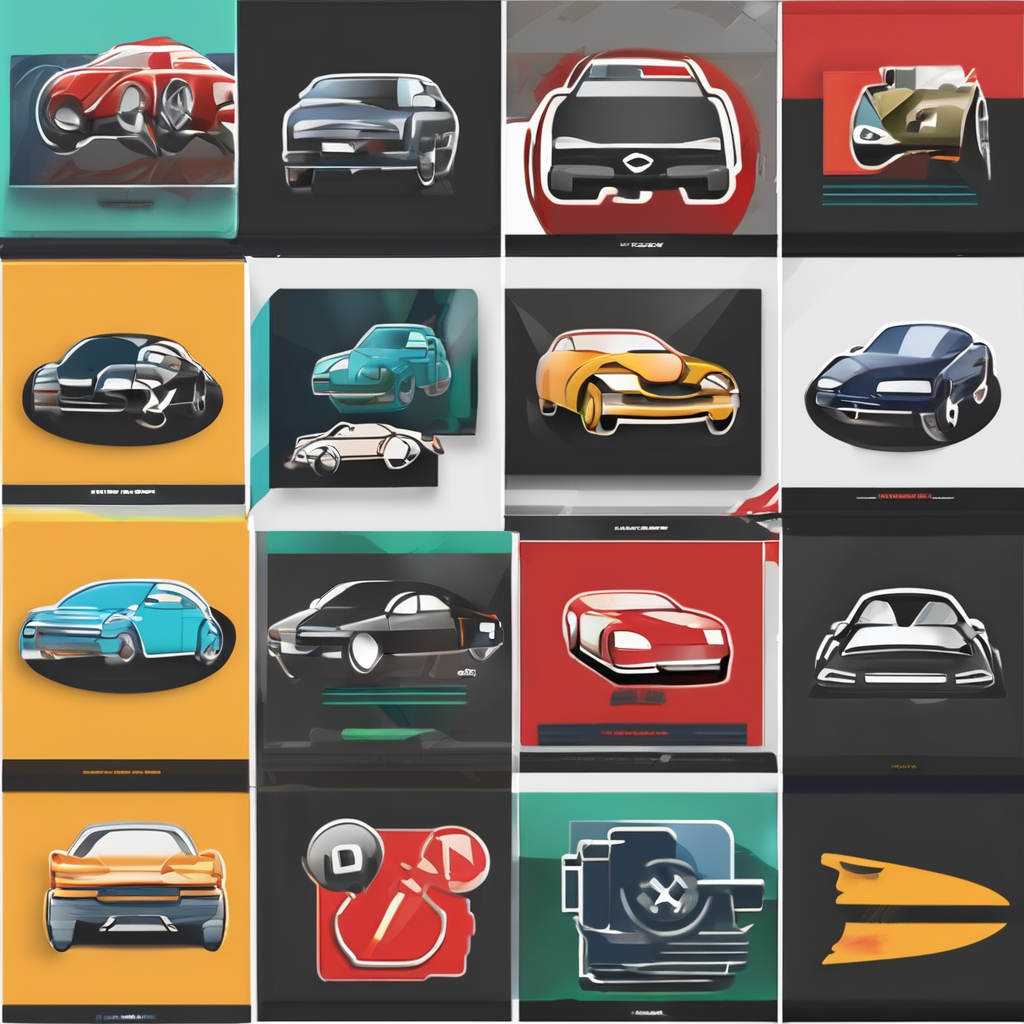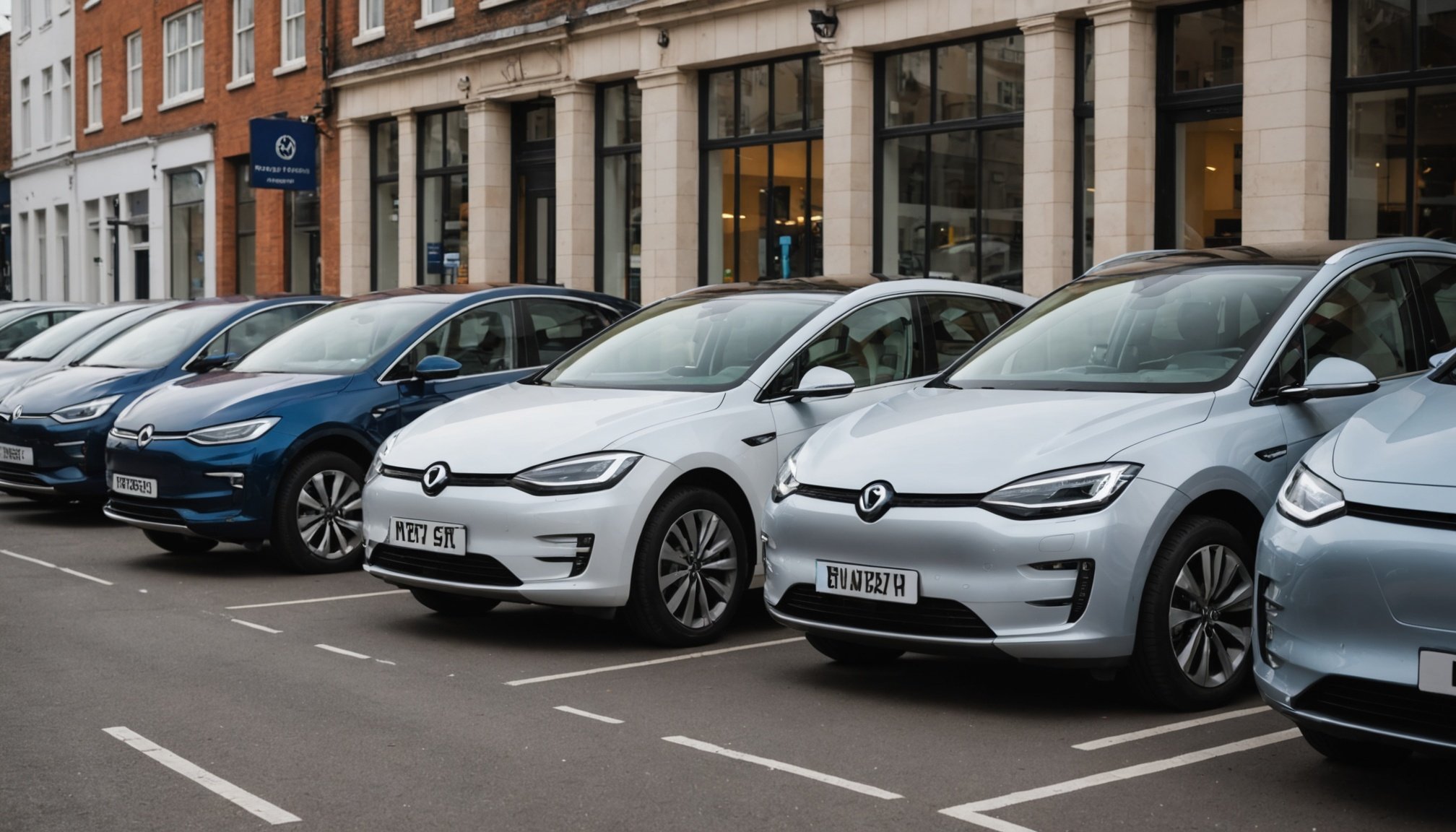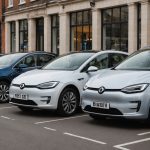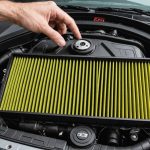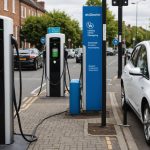In recent years, the automotive landscape in the UK has witnessed a seismic shift. The emergence of electric vehicles (EVs), alongside traditional petrol and hybrid cars, has not only changed how we view transportation but also how we perceive vehicle depreciation. Understanding these depreciation dynamics is essential, especially for those contemplating their next car purchase. This article delves into the intricacies of depreciation rates across these three car types, offering insights into what the future might hold and how these trends could impact your decision-making process.
Understanding Depreciation in the Automotive Market
Depreciation refers to the decline in a vehicle’s value over time. The UK car market has seen varying depreciation rates depending on technological advancements, consumer preferences, and market demands. Petrol cars, once the staple of British roads, are now facing stiff competition from their electric and hybrid counterparts.
Also to see : What roles do local councils play in promoting electric vehicle charging infrastructure in the UK?
Petrol Vehicles: The Traditional Choice
Petrol cars have dominated the automotive scene for decades. Traditionally, these vehicles depreciate at a steady rate, typically losing about 15-20% of their value annually. Factors such as mileage, condition, and model heavily influence this depreciation rate. However, with the introduction of EVs and hybrids, petrol cars face new challenges that could accelerate their depreciation rates.
Electric Vehicles: The Future of Mobility?
The launch and acceptance of electric vehicles brought a revolutionary change. Initially, concerns about battery life, charging infrastructure, and range limited their adoption. However, recent technological advancements have improved battery cycles, enhancing the overall longevity and reducing depreciation rates. EVs in the UK currently show a lower depreciation rate of around 12-15% per annum.
Also read : What is the impact of Brexit on vehicle imports and exports in the UK?
Hybrid Vehicles: The Middle Ground
Hybrids, combining both electric and petrol engines, offer a blend of efficiency and power. These vehicles generally maintain their value better than petrol cars, thanks to their fuel efficiency and reduced environmental impact. Depreciation rates for hybrids typically fall between those of petrol and electric vehicles, offering a balanced choice for mindful consumers.
Factors Influencing Vehicle Depreciation Rates
A myriad of factors contributes to the depreciation of vehicles, making it a complex subject for potential car buyers. While intrinsic features like model, mileage, and overall condition play a part, external factors also significantly impact depreciation rates.
Market Demand and Supply
The market’s appetite for a particular type of vehicle influences how quickly it depreciates. Recently, the UK’s push towards reducing carbon emissions has increased demand for EVs and hybrids, thus slowing their depreciation compared to petrol vehicles. The transition to electric and hybrid cars is supported by government incentives, further skewing the supply-demand dynamics.
Technological Advancements
As technology evolves, new models equipped with advanced features often render older versions less desirable. Electric and hybrid cars benefit from rapid technological progress, which continually enhances their range, cost-efficiency, and performance, helping maintain higher resale value and reduce depreciation.
Environmental Regulations and Policies
Government policies heavily favoring low-emission vehicles have impacted depreciation rates. The UK’s clean air initiatives and charging infrastructure development have facilitated a smoother transition for EVs and hybrids, making them attractive options with slower depreciation rates than traditional petrol cars.
Predicting Future Trends in Vehicle Depreciation
Anticipating future trends in vehicle depreciation involves analyzing ongoing industry shifts and consumer behaviors. As the automotive world gears towards sustainability, understanding potential depreciation trajectories can help buyers make informed decisions.
The Rise of Electric Vehicles
With increasing focus on sustainability, the popularity of EVs is expected to soar, making them a sound investment for the future. Their depreciation rates may continue to stabilize as charging networks expand and battery technology advances, potentially reaching parity with hybrid vehicles.
Hybrid Vehicles: Balancing the Old and New
Hybrids will likely maintain a steady depreciation rate, benefiting from advancements in both electric and petrol technologies. Their dual-engine configuration presents an attractive option for those not fully ready to transition to all-electric models.
The Decline of Petrol Vehicles
As legislative and environmental pressures mount, petrol cars may face accelerated depreciation. The phasing out of fossil fuels and the rising costs associated with maintaining petrol vehicles might deter buyers, leading to a steeper drop in their resale values.
Navigating the complexities of vehicle depreciation requires a keen understanding of market trends, technological advancements, and environmental policies. As we stand on the cusp of an automotive revolution, electric and hybrid vehicles seem poised to dominate the roads of the UK, with more stable depreciation trends compared to their petrol counterparts.
When considering your next vehicle purchase, it’s crucial to weigh these depreciation factors against your personal preferences and needs. Whether you’re leaning towards the cutting-edge efficiency of an EV, the balanced appeal of a hybrid, or the traditional feel of a petrol car, being informed will ensure you make a decision that best suits your lifestyle and financial future.
